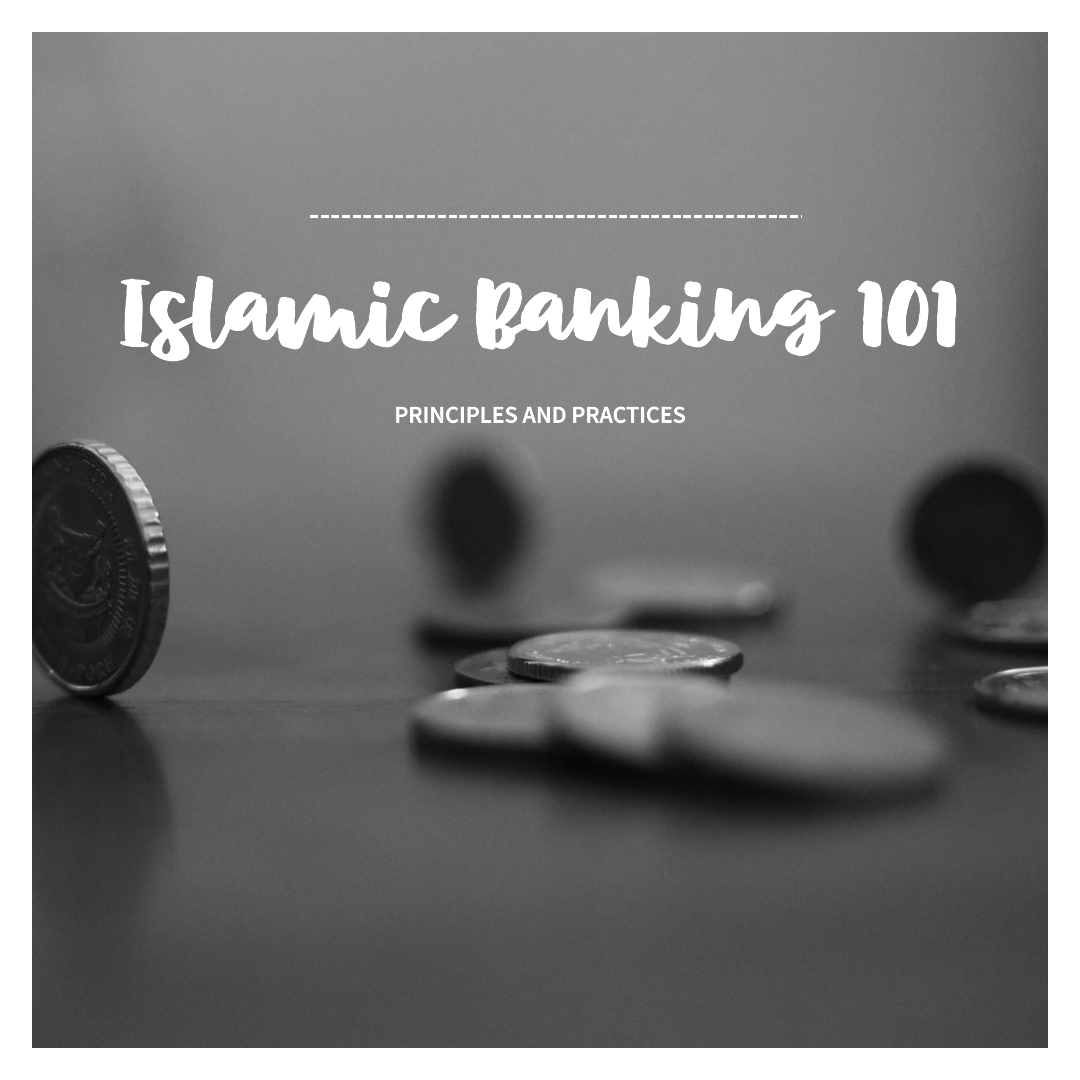Islamic banking, a rapidly expanding sector in the global financial market, operates based on principles derived from Islamic law (Sharia). Unlike conventional banking systems, Islamic banking forbids interest (riba) and promotes risk-sharing, ethical investments, and social justice. This comprehensive guide explores the foundational principles and practices of Islamic banking, highlighting its significance, operations, and benefits.
Core Principles of Islamic Banking
Islamic banking is founded on several key principles that distinguish it from conventional banking. These principles are deeply rooted in Sharia and are designed to promote fairness, transparency, and ethical conduct in financial transactions.
1. Prohibition of Riba (Interest) The most defining characteristic of Islamic banking is the prohibition of riba, or interest. In Islam, earning interest from money lending is considered exploitative and unjust. Instead, Islamic banking promotes profit-sharing and equity-based financing.
Example: Instead of a traditional mortgage with interest payments, an Islamic bank might offer a Musharakah (partnership) agreement, where the bank and the borrower share the profits or losses from the investment.
2. Risk Sharing Islamic finance emphasizes risk-sharing between the lender and borrower. This principle ensures that both parties share the potential gains and losses from the investment, promoting mutual cooperation and fairness.
Example: In a Mudarabah contract, one party provides the capital while the other provides expertise and management. Profits are shared according to a pre-agreed ratio, but the loss is borne by the capital provider.
3. Ethical Investments Investments in Islamic banking must comply with ethical standards and Sharia principles. This means avoiding businesses involved in haram (forbidden) activities such as alcohol, gambling, and pork products.
Example: Islamic banks invest in industries like healthcare, education, and renewable energy, which are considered beneficial to society and align with ethical values.
4. Asset-Backed Financing Islamic banking requires that all financial transactions be asset-backed. This principle ensures that financial activities are tied to tangible assets, promoting stability and reducing speculation.
Example: In an Ijarah (leasing) contract, the bank buys and leases an asset to the customer. Ownership remains with the bank until the lease period ends, after which the customer may purchase the asset.
Common Islamic Banking Contracts
Islamic banking employs various financial contracts to facilitate Sharia-compliant transactions. These contracts are designed to accommodate different financing needs while adhering to Islamic principles.
1. Mudarabah (Profit-Sharing) Mudarabah is a partnership where one party provides the capital, and the other offers expertise and management. Profits are shared according to a pre-agreed ratio, while losses are borne by the capital provider.
Example: A venture capital firm might enter a Mudarabah contract with a start-up, providing funds for business operations in exchange for a share of the profits.
2. Musharakah (Joint Venture) Musharakah involves joint investment by two or more parties, who share profits and losses based on their equity contribution. This contract is commonly used for large-scale projects and business ventures.
Example: Two companies might form a Musharakah to invest in a real estate development project, sharing the profits and losses according to their respective investments.
3. Murabaha (Cost-Plus Financing) Murabaha is a sales contract where the bank purchases an asset and sells it to the customer at a marked-up price, payable in installments. The profit margin is agreed upon upfront, and there is no interest involved.
Example: A customer seeking to purchase a car might enter a Murabaha agreement with an Islamic bank, which buys the car and sells it to the customer at a higher price, payable over time.
4. Ijarah (Leasing) Ijarah is a leasing contract where the bank buys and leases an asset to the customer for a specified period. The customer pays rent for the use of the asset, and ownership remains with the bank until the lease ends.
Example: A business might lease machinery from an Islamic bank under an Ijarah contract, paying rent for its use while the bank retains ownership.
Benefits of Islamic Banking
Islamic banking offers several benefits that make it an attractive alternative to conventional banking for many consumers and businesses.
1. Ethical and Socially Responsible Islamic banking promotes ethical and socially responsible investments, ensuring that financial activities benefit society and adhere to moral values.
Example: Islamic banks avoid investing in industries that harm society, such as alcohol, gambling, and weapons manufacturing.
2. Financial Stability Asset-backed financing and risk-sharing principles contribute to the stability of Islamic banking. By linking financial transactions to tangible assets, Islamic banks reduce speculation and promote long-term investment.
Example: Islamic banks’ emphasis on real assets helps mitigate the risks associated with financial bubbles and economic crises.
3. Inclusive Financial Services Islamic banking provides financial services that cater to the needs of diverse populations, including those who avoid conventional banking due to religious beliefs. This inclusivity promotes financial inclusion and economic development.
Example: Islamic microfinance institutions offer Sharia-compliant loans to small businesses and entrepreneurs, supporting economic growth in underserved communities.
4. Transparent and Fair Practices The principles of transparency and fairness in Islamic banking foster trust between banks and their customers. Clear terms and conditions, along with shared risks and rewards, create a more equitable financial system.
Example: In a Musharakah agreement, both parties have a clear understanding of their roles, profit-sharing ratios, and risk exposure, ensuring fairness and transparency.
Conclusion
Islamic banking, with its foundation in Sharia principles, offers a unique and ethical alternative to conventional banking. By promoting risk-sharing, ethical investments, and financial stability, Islamic banking not only aligns with the values of Muslim consumers but also appeals to those seeking a fair and transparent financial system. As the global demand for ethical finance grows, Islamic banking is poised to play a significant role in shaping the future of the financial industry.
Explore the principles and practices of Islamic banking and discover how it can benefit your financial journey. Visit iHalalCoin for more information on Sharia-compliant financial products and services.
References:
- Understanding Halal Certification
- Halal Finance: A Comprehensive Guide
- Halal Business Opportunities
- Exploring Halal Fitness
- Embracing Halal Lifestyle
- Islamic Development Bank: https://www.isdb.org
- Accounting and Auditing Organization for Islamic Financial Institutions (AAOIFI): https://aaoifi.com
- Islamic Finance News: https://www.islamicfinancenews.com



